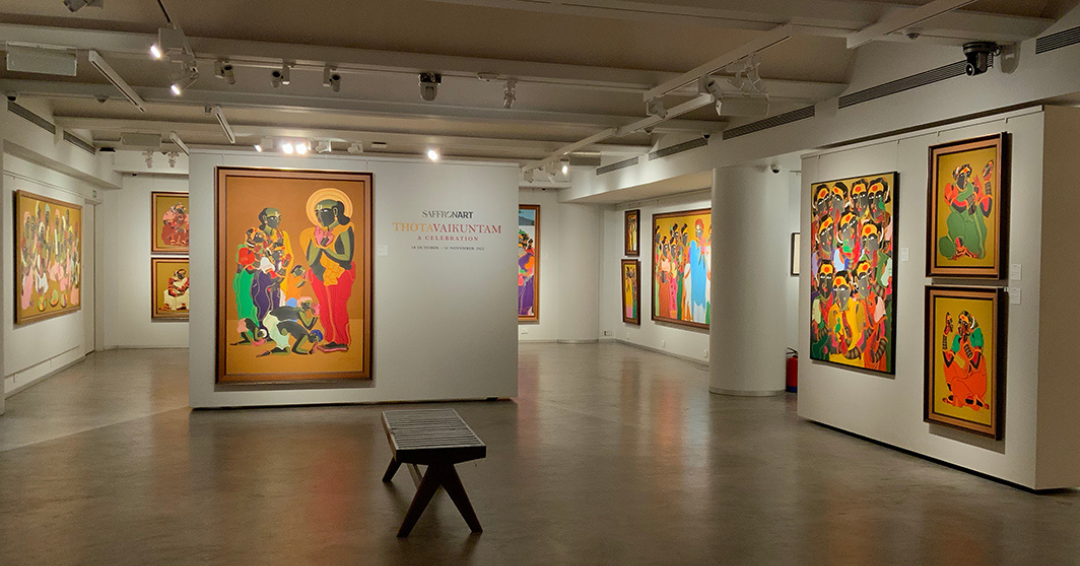Eons ago an Italian man (I’m sure you know his name) ventured across the seven seas, on four voyages and prompted the colonisation of America. This was not the first instance of colonisation, but one that is referred to the most in history textbooks. Columbus’s expeditions inaugurated a period of exploration, conquest, and colonisation that lasted for centuries, helping create the modern Western world.
Vaguely we all know that the ghost of colonisation still looms around us in India, but I don’t think we are fully aware to what extent. The colonial hangover is a prevalent one, but don’t let me fool you into believing that I have the antidote for it. We were famously colonised by the British and the fragmented remnants of their empire still influences certain ideologies and behavioral patterns in Indians today. The most prominent one that I find extremely jarring is our obsession with the English language.
India is the world’s second-largest English-speaking country with more than 12% Indians speaking the language. It is common to find that parents care about their children’s grade in English more than their grade in the regional language/s taught in school. Most millennials and Gen Zs identify English as their primary language, shy to speak in their mother tongues or even know how to. Another shameful element of this obsession is how it becomes a reason for discrimination. – people who have not had access to learn the language lose out on various professional and personal opportunities because an inefficiency in English is seen as a drawback.
In some devastating instances, Indians who do not have a grasp of the language are shamed and shunned from social settings. We have all seen those dating applications’ profile bios that insist that one must only engage in a conversation with the person if they do not type “lyke dis”. Western pretences and detaching ourselves from our cultural roots have been normalised to an alarming extent.
This recently increasing wave of detachment from one’s culture coincides with the elevated level of migration to a foreign country. I am sure you have friends/family/foes who have moved out of India in search of a “better life”. Now, as a first-generation immigrant whose parents succumbed to this chase of an improved future abroad, I have closely observed how this ideology is flawed. After 14 years of living in London, I moved back to Mumbai plagued by an identity crisis brought on by my British passport. Let us delve into why the vision of a “better life abroad” is a flawed and problematic one.
Trying to build a home in a newfound land is not easy, you predominantly have to detach yourself from your way of living in your birth country. Now, your traditional values can coexist with your adoption of a Western lifestyle but often this is tricky terrain to navigate and becomes extremely fertile territory for an identity crisis. Why are we constantly led to believe the betterment of our own and our loved ones’ lives lies in migrating to the West. Is it our seemingly wealthier NRI relatives that came back to India once a year with suitcases filled with fancy biscuit tins and other quintessential foreign gifts, that led us to believe so? Or was it those late 90s/early 2000s Karan Johar/Yash Chopra films that romanticised the pristine green pastures of Switzerland or portrayed the other cities of Europe and America as a utopian metropolis?
The answer is subjective to our individual experiences. However, this idea that an improved version of our lives awaits us on foreign shores puts pressure on the people who live outside India to sustain the pretence that the quality of their life has ameliorated, and it instills false hope on those living in India that the solution to a better life is migration. India has the largest diaspora population in the world with 18 million people from the country living outside their homeland in 2020, according to a report by the United Nations. This ties back to the foreign complex most of us face because our colonised past still thrives in the crevices of our present. We look to the West to fix, validate and reassure us.
There are a plethora of examples where people have shown more faith in Western products and services. A more recent example of this is when the Covid-19 vaccines were launched, a lot of people were hesitant to inoculate themselves with India’s indigenous vaccine – Covaxin. This distrust is indicative of how we presume that something that is produced in the West will have a higher rate of efficacy. However, an effort to change the long-standing consumer habits influenced by this foreign complex is being taken by most people as awareness to buy local and support smaller Indian businesses seems to be on the rise.
What I particularly find amusing and slightly unnerving at times are the debates trying to determine if India being colonised was a curse or a blessing. I say amusing as when this was a topic we studied for an entire month in History class in my British high school my white History teacher came and apologised to me at the end of class, for the presumed turmoil my ancestors must have endured. I found this act of acknowledging accountability disorienting more than reaffirming, because when asked if the British empire did India more good than bad, I foolishly said good. As a 14-year-old, at that moment I saw the privileged life I lived in Britain as a justifiable exchange for my forefathers’ troubles.
Former Harvard University economist Lakshmi Iyer has found that in India, regions that were under direct British rule have lower levels of public services today compared with those where local leaders retained some level of power. I grew up and changed my stance about India’s colonised past, after the rose-tinted glasses of colonialism were whacked off my immigrant face. However, this was the result of a rigorous, unadulterated process of self-education about my birth country’s past.
It is difficult to dissect the reasons behind all these facets of why we are still hungover on our colonial past but I think the first step we can take towards doing so is being self-aware. However, as time progresses mindsets, society and the economy seem to be evolving. So, time will tell if we will be able to truly break free from the shackles of colonisation and still these ripples caused by our turbulent past.
Words by Anithya Balachandran
Photograph by Brooke DiDonato






This is a self introspecting piece by the author which leaves room for all those NRIs to instrospect.The author does little though to help those confused mind living outside India, whether to go back home.The identity crisis of NRIs is definitely a hot debated topic.